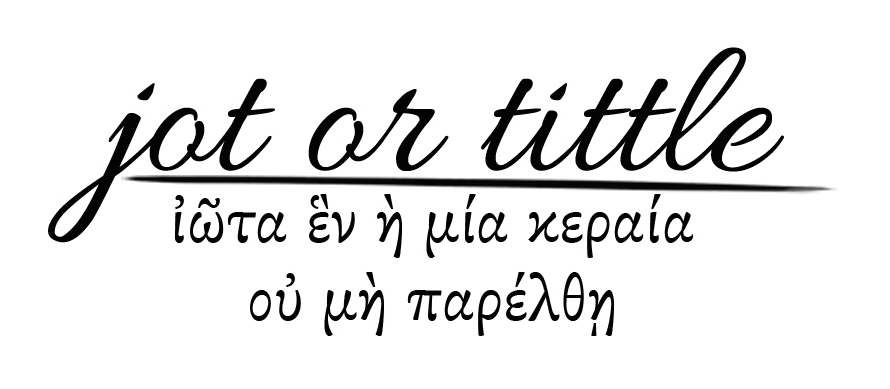May 24 -- Psalm 9
Preview Psalm 9 for Singing (Toulon).
From the ESV Study Bible via the Gospel Coalition
Scholars have tended to identify psalms according to their types (praise, lament, etc.). Unfortunately, scholars vary in their list of types, and it is easy to multiply categories to account for the particularities of each psalm—and soon one can end up with 150 categories! Nevertheless, used reasonably, this approach can shed light on the different purposes of the various psalms. The basic categories include:
…
Hymns of praise, whose primary goal is to call and enable God’s people to admire God’s great attributes and deeds. These can focus, e.g., on a particular set of attributes (e.g., on God’s benevolence in Psalm 145), on God’s universal kingship over his creation (e.g., Psalm 93), or on God’s works of creation (e.g., Psalm 8).
Hymns of thanksgiving, which thank God for his answer to a petition; sometimes the petition can be identified as one of the lament psalms. Like laments, there are community (e.g., Psalm 9) and individual (e.g., Psalm 30) thanksgiving psalms.
From the Literary Study Bible
Ps. 9 I will give thanks to the LORD: a modified praise psalm. The conventional call to praise consists of a simple assertion by the poet that he will give thanks to God (vv. 1–2). This is followed by a catalog of God’s acts of deliverance (vv. 3–6) and praise of God for his attributes of eternity and justice, as well as his role as the one who provides safety for those who trust in his eternity and justice (vv. 7–9). This section of praise is followed by a call to praise (vv. 11–12); a prayer to God to be gracious (vv. 13–14); praise of God for executing justice (vv. 15–18); and a concluding prayer for God to assert his justice (vv. 19–20).
From the ESV Study Bible
Psalm 9. As the ESV footnote indicates, Psalms 9–10 together follow a basically acrostic pattern, with Psalm 10 beginning where Psalm 9 leaves off. The acrostic is not perfect, however: several letters of the alphabet are missing or are out of order. Further, Psalm 10 lacks a title, which is unusual for this section of the Psalter. Both psalms refer to God’s interest in “the oppressed” (9:9; 10:18), both mention “times of trouble” (9:9; 10:1), both call on God to “arise” (9:19; 10:12), and both are sure that God will not “forget the afflicted” (9:12; 10:12). Thus it is not surprising that the Greek and Latin versions have these combined as a single psalm. On the other hand, there are enough differences to justify finding two songs here: the tone of Psalm 9 is predominantly praise and thanks, while that of Psalm 10 is largely lament. Further, whereas in Psalm 9 the enemies are clearly Gentiles (vv. 5–8, 15–16, 19–20), in Psalm 10 they may be faithless Israelites (see esp. 10:4, 13), with the “nations” being mentioned (10:16) to show that the faithless are imitating the wicked Canaanites. Thus these two psalms are probably best taken as companions placed together in light of their similarities. Psalm 9 praises God for the success of the Davidic king in defending Israel from its Gentile foes. The “I” in this psalm is either David as the representative of the people, or each member of Israel, who celebrates the blessings that come to him by way of the whole nation’s success.
Some Background on Hebrew Poetry to Watch While You Train Your Dog Not Run Inside
Songs to Listen To
